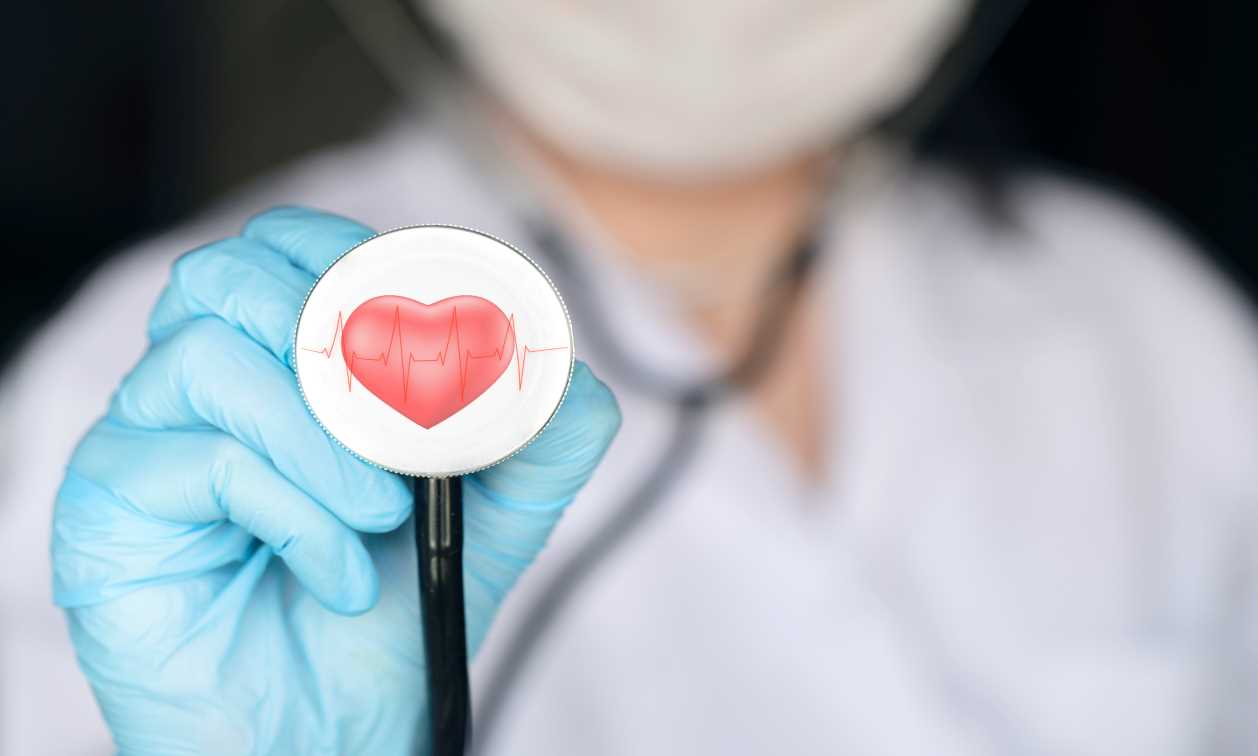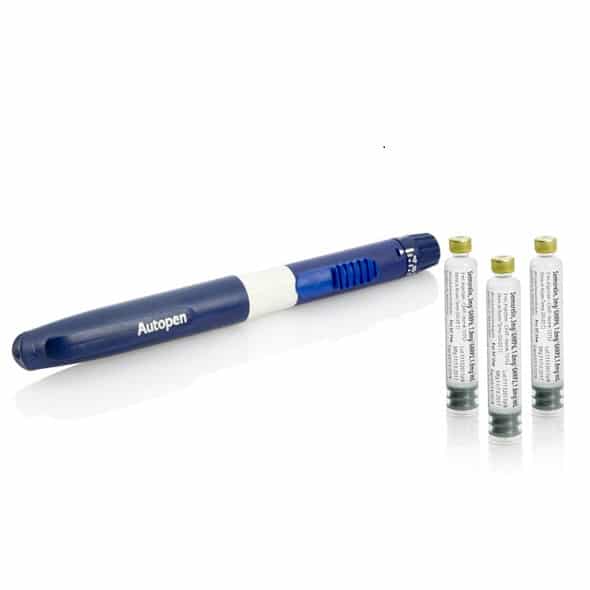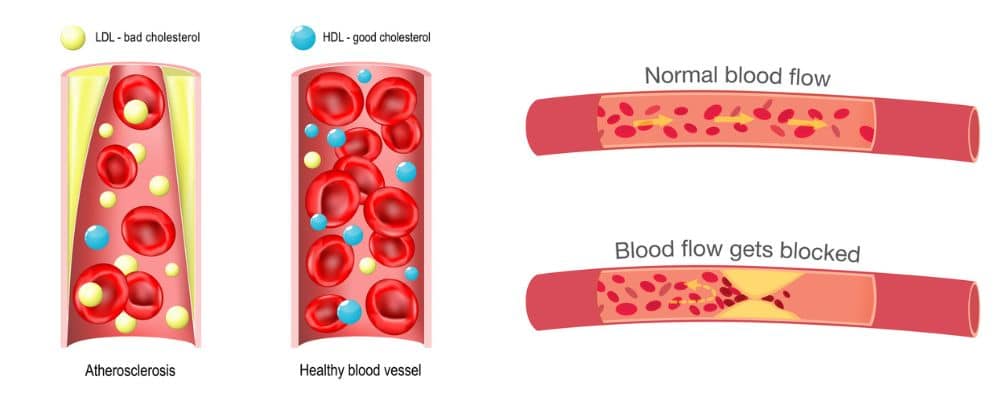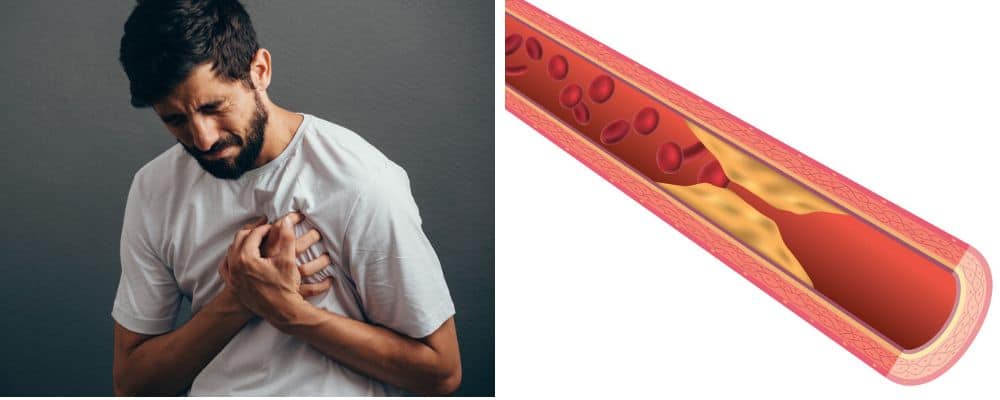
What are the Risks of Having High Cholesterol? Treatment & Prevention
Table of Contents
Cholesterol is a waxy substance found in your blood.
When you hear the word “cholesterol,” you probably think of something that is “all bad” and can harm your health. But the truth is your body actually makes and needs cholesterol to survive. The problem is with excessive amounts of cholesterol, and even then, it is only one specific kind of cholesterol that is bad for you and can increase your risk of heart attack or stroke.
When the “bad” cholesterol in your blood is too high, it can lead to fatty deposits known as plaque in the arteries. This can be particularly harmful when the arteries leading to the heart become thick with plaque. These fatty deposits impede good blood flow to the heart and the condition — known as atherosclerosis – is the leading cause of cardiovascular disease.
There are people that are genetically predisposed to have higher than normal cholesterol levels; however, high cholesterol is more likely the result of a poor diet and sedentary lifestyle.
The good news is that high cholesterol is quite treatable and manageable. Oftentimes exercising more and making better “heart healthy” food choices, is all that is needed to lower cholesterol. Beyond that, there are several effective cholesterol lowering drugs available, and in many cases, hormone replacement therapy has been shown to reduce “bad” cholesterol levels while raising “good” cholesterol.
What Causes High Cholesterol?
The cholesterol in your body travels in your blood, bound to proteins. There are two kinds of cholesterol, often referred to as “good” cholesterol and “bad” cholesterol.
- Low-density lipoprotein (LDL) – LDL is the “bad” cholesterol. This is the kind of cholesterol that builds up as arterial plaque and raises your risk of cardiovascular disease.
- High-density lipoprotein (HDL) – HDL is the “good” cholesterol. HDL cholesterol is actually like the “street sweeper” of your bloodstream, picking up excess cholesterol and removing it from your blood back to your liver to be processed as waste.
Some people are genetically predisposed to making too much bad cholesterol. That is largely out of your control. However, most of the causes of high cholesterol can be controlled, such as diet and lack of exercise.
Certain medical conditions such as HIV/AIDS and diabetes can contribute to high cholesterol, as can some medications, but obesity, a poor diet, and a sedentary lifestyle are the primary causes of high cholesterol.
What Is Considered High Cholesterol?
The American Heart Association (AHA) recommends that all Americans over age 20 get their cholesterol levels tested every four to six years.
Cholesterol is measured in milligrams per deciliter (mg/dL). AHA guidelines point to a total cholesterol of below 200 mg/dL as “desirable” and anything over 239 mg/dL as “high.”
What Is the Difference Between “Good” and “Bad” Cholesterol?
Cholesterol is a kind of fat in your blood. It serves a purpose in the growth and maintenance of certain tissues and cells. But, if you have too much of it, it can build up on the walls of your blood vessels and make them narrow. This is what is meant when we say someone has “high cholesterol.” When cholesterol builds up like that, it can make it harder for your blood to move through your body. This can lead to high blood pressure and an increased risk of heart disease.
But not all cholesterol is bad. There are two types of cholesterol – LDL and HDL.
LDL cholesterol is the kind that builds up in your blood vessels, causing heart problems. LDL is often called “bad” cholesterol because it leads to this buildup of arterial plaque. HDL cholesterol is known as “good” cholesterol because it helps the liver to break down and to flush out LDL, or “bad” cholesterol.

What Diseases are Associated With High Cholesterol?
High cholesterol is closely linked to heart disease and related “metabolic conditions.”
Abnormally high cholesterol levels in the blood are associated with a higher risk of cardiovascular disease. That can include coronary heart disease, stroke, and peripheral vascular disease. High cholesterol has also been tied to diabetes and high blood pressure. In all cases, the underlying cause is that high cholesterol leads to fatty plaques that build up in arteries all over your body.
Frequently Asked Questions About High Cholesterol
What happens to you if your cholesterol is too high?
The greatest danger of high cholesterol is it puts you at a greater risk of developing atherosclerosis, or hardening of the arteries. This can lead to cardiovascular disease or a possible life-threatening cardiovascular event such as a heart attack or stroke.
What happens if you don't treat high cholesterol?
Leaving high cholesterol untreated puts you at serious health risks. Untreated high cholesterol will lead to the continued buildup of arterial plaque. Over time, this plaque buildup can turn into a serious health threat, boosting the risk of heart attack and stroke.
What are the warning signs of high cholesterol?
High cholesterol in and of itself does not have any specific symptoms or warning signs. A problem with high cholesterol can only be detected with a blood test. However, risk factors include a poor diet, obesity, and smoking.
How long does it take for high cholesterol to cause damage?
It does not take long for high cholesterol to cause a degree of hardening of the arteries that is enough to increase your risk of heart problems. The problem is since there are no outward signs of high cholesterol, the plaque can be building up for years, making your blood vessels narrower and narrower, until a stroke or heart attack is the result.
How is high cholesterol treated?
Making better food choices and getting more exercise sometimes could be all that it takes to lower your cholesterol. In more severe cases, you may need drugs that have the effect of both lowering your cholesterol and helping to open blocked arteries. If it is found that your high cholesterol is being caused by an underlying condition such as low testosterone, testosterone therapy may also reduce your bad cholesterol levels.
Is testosterone therapy a treatment for high cholesterol?
Men with low testosterone tend to have high levels of LDL (“bad”) cholesterol in their blood. We cannot definitively say that one causes the other, but it is well-documented that the two conditions often go hand-in-hand. Testosterone replacement therapy has many positive effects on heart health, not the least of which is lowering your levels of “bad” (LDL) cholesterol and increasing your levels of “good” (HDL) cholesterol.
What dietary and lifestyle changes can I make to prevent high cholesterol?
Generally speaking, any measures that you take to improve “heart health” can help lower your risk of high cholesterol. A few changes in your diet can reduce cholesterol and improve your overall heart health, such as:
- Cut down on red meat and other foods high in saturated fats.
- Eliminate trans fats and highly processed foods
- Eat foods rich in omega-3 fatty acids.
- Increase your intake of soluble fiber.
- Add whey protein and whole grains.
- Exercise more
- Reduce stress
- Get better sleep
- Quit smoking
- Reduce the consumption of alcohol


